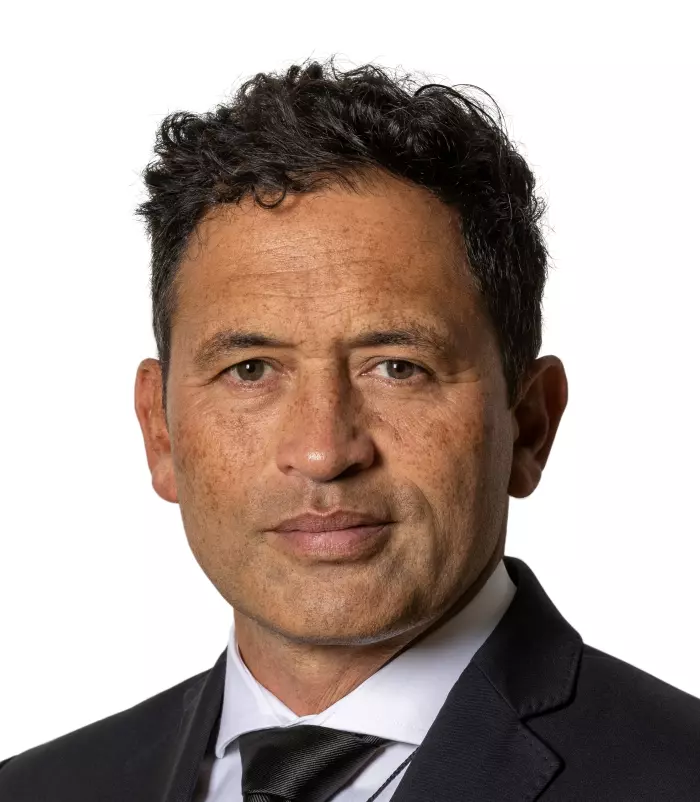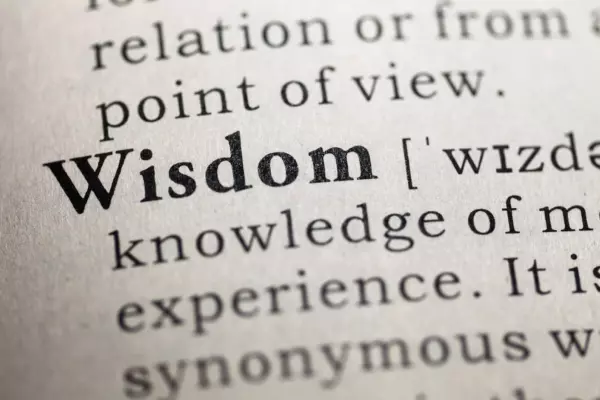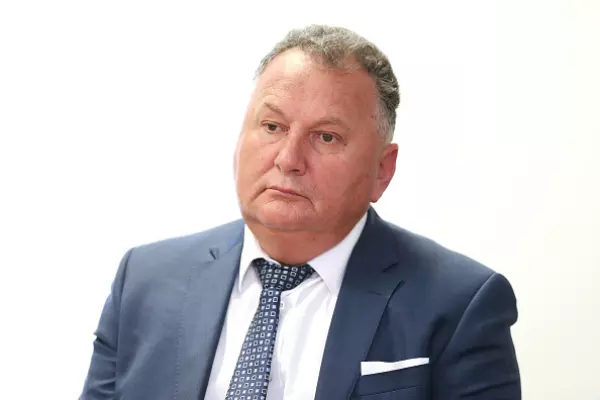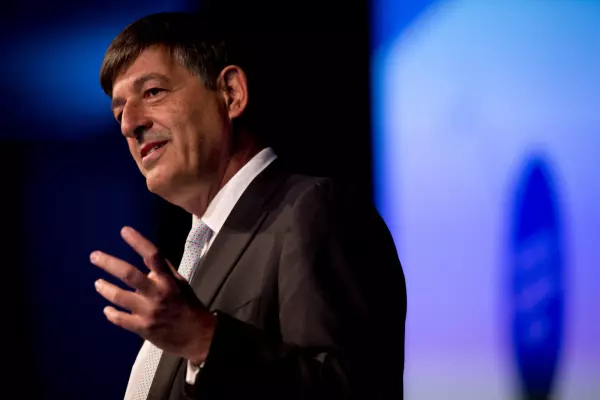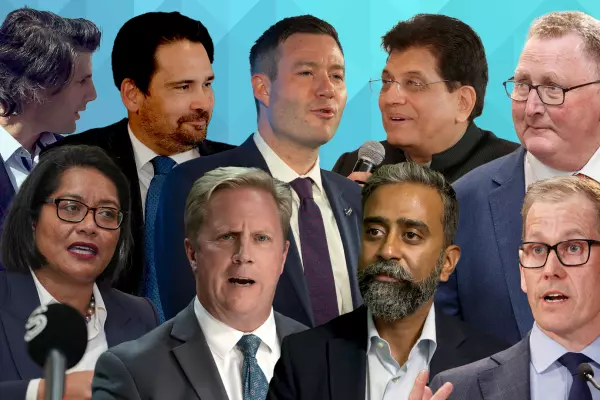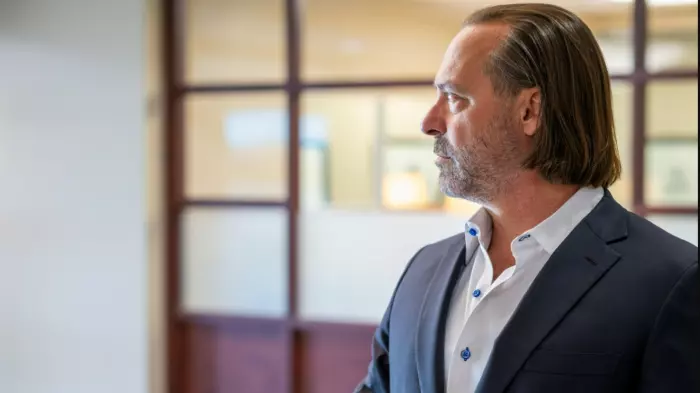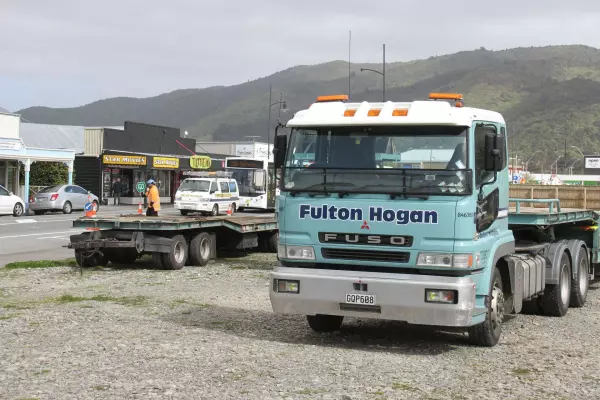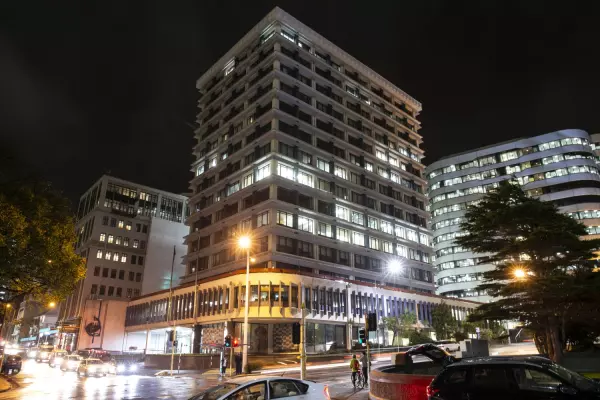If businesses want to work with Māori, they need to understand not all iwi are the same, says Bank of New Zealand’s Rēnata Blair.
He heads the lender’s Māori sector and relationships and was among the speakers at an event organised to help Pākehā and non-Māori understand the opportunities for genuine engagement in a rapidly growing sector of the economy that’s valued at $68.7 billion.
The event, hosted by law firm Tompkins Wake, coincided with the government’s next step in implementing the United Nations Declaration on the Rights of Indigenous Peoples (UNDRIP) in NZ.
BNZ’s Blair emphasised to the audience the importance of non-Māori understanding that Māori aren’t a single group, and that people need to research the many iwi across Aotearoa.
“Not all iwi are the same,” he said. “That’s the biggest mistake people make.”
Blair said it was important that non-Māori understood the history behind each iwi and the relationships each iwi had with each other.
“Sometimes people want Māori iwi to join together to invest and here’s where tikanga comes in – if you’ve had history with that other tribe and you don’t know it as an intermediary, Māori will go ‘Hell no, we’re not doing that deal with that tribe – his great, great, great, great grandfather shot my great, great, great, great grandfather on that hill over there – there’s no way I’m going to do a deal with that iwi,” he said.
“And would you do business with someone who murdered your ancestor?”
“It’s all this history,” he said. “Ka mua, ka muri – you look back into history to go forward.”
Shifting attitudes
Blair said the Māori economy was something to be proud of, as were the huge strides in shifting attitudes towards Māori in business, but there was a lot of work to be done.
He reminded the audience that the Treaty of Waitangi settlements had only returned 2% of what was stolen, and Māori still had “justice with government to settle”. That’s seen just $2.2b returned to Māori over the past 25 years, with some major settlements still outstanding, most notably Ngāpuhi, which has seen the government set up an investment fund to start rebuilding wealth in the interim.
Michael Stiassny, who chairs Ngāti Whātua Ōrākei Whai Rawa, told the audience too many non-Māori businesses don’t genuinely engage with Māori and take a tokenistic approach to iwi.
“Brownwashing is a thing that needs to be remedied,” he said.
Businesses often seek out iwi to discuss business opportunities “with a suite of activities, so they can say they have completed the cultural aspect of the brownwashing”, he said.
“They’ll tick the questionnaire that we ask them for, they’ll bring along a te reo speaking Māori, the Pākehā will give a mihi in te reo, they’ll all stand up and sing a waiata and then they’ll talk about that they’ve all been to cultural competency classes.
“And as a piece of the cake, they’ll offer two scholarships to people to do something,” he said.
“And then they’ll say, we’re done, can we do business with you? And that, to me, isn’t about partnership,” he said.
Forging partnerships
The government is accelerating work on forging partnerships with Māori on multiple fronts, such as through the UN declaration, the formation of Te Arawhiti and the ongoing work to respond to the Waitangi Tribunal’s report on the Wai 262 claim recommending widespread reforms giving greater recognition to kaitiaki interests and Māori roles in decision making.
Māori development minister Willie Jackson today released feedback on the targeted engagement with Māori on the UN declaration, ahead of wider consultation later this year.
“Māori rōpū represented diverse groups ranging from iwi, hapū, tāngata whaikaha Māori (disability community) and rangatahi, to groups interested in health, education, and the environment,” Jackson said.
The previous National-led government signed the declaration in 2010, committing to developing a declaration plan and joining the 148 countries supporting the UN initiative.
The targeted engagement spanned 69 workshops and included about 370 people. Some of the feedback noted NZ’s economic system was not designed for Māori and could result in Māori having, or feeling pressured, to adapt their values to succeed, and there was some discussion about the need to create indigenous systems to match how Māori think, such as a Māori bank or Māori insurance.
Māori also identified maintaining the authenticity of Māori culture in business as an issue for the national and international economy.
Workshop discussion arose from some people wanting to “diversify and strengthen” the Māori position in the economy – but they observed “very little action” in the form of available investment and resourcing, and often that resourcing came with caveats.
There was also discussion about the fewer constraints that came with private sector funding, and how Māori can tap into that to avoid missing out on the benefits of the business world.


